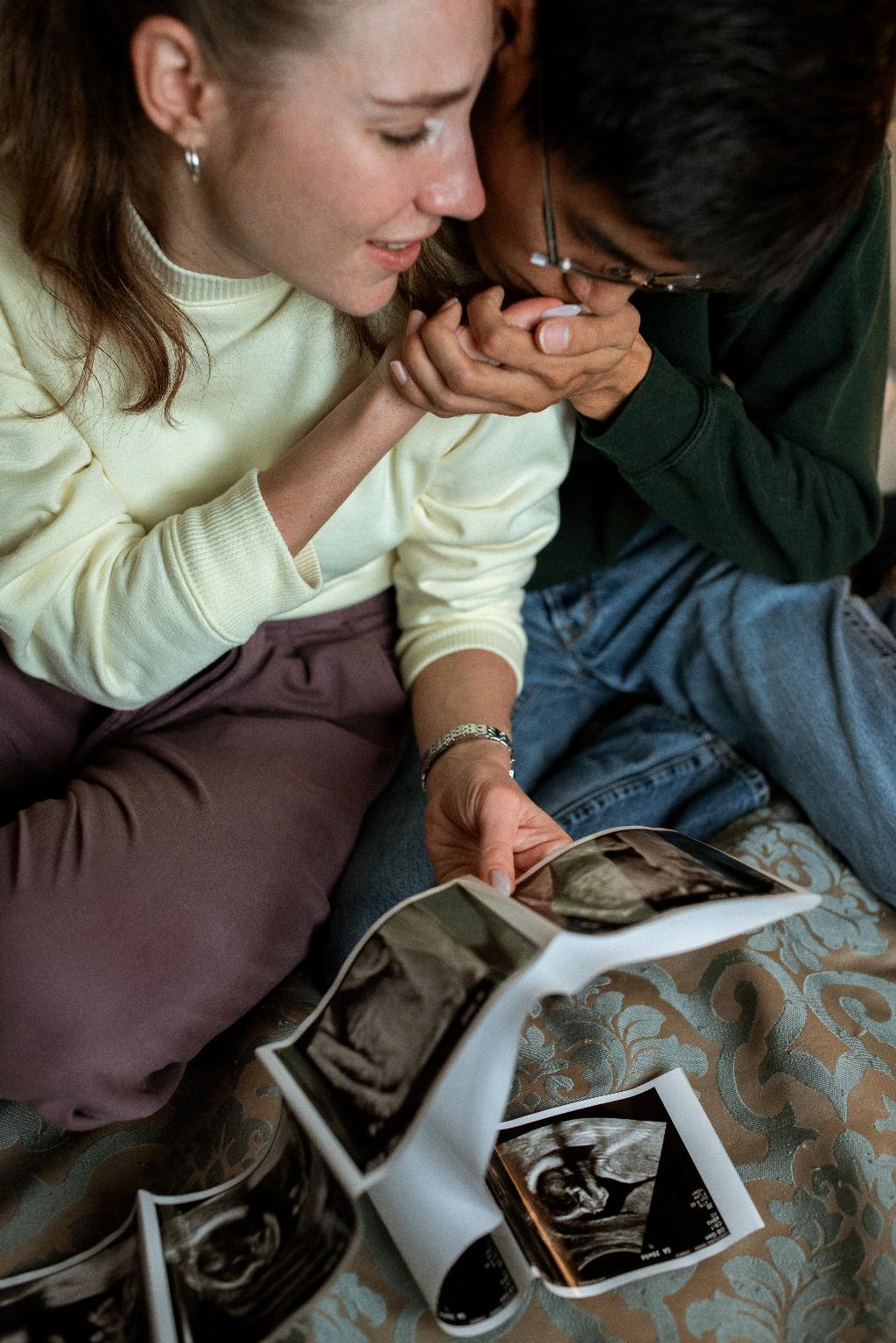Deciding when to tell your parents that you’re pregnant is a deeply personal choice. There’s no one-size-fits-all answer to this question, as every individual and family dynamic is unique. However, there are some factors to consider when determining the right time to share this exciting news.
One key factor to keep in mind is the stage of your pregnancy. After the first trimester, around 12 weeks, the risk of miscarriage significantly decreases, and you’ll likely have had your first ultrasound, which can provide reassurance and a clearer picture of your baby’s development. Some parents may prefer to wait until this milestone before sharing the news.
On the other hand, you might feel the urge to tell your parents earlier, especially if you want their support or assistance during the early stages of your pregnancy. Whether it’s emotional support, practical help, or simply sharing the joy of this momentous occasion with loved ones, involving your parents sooner rather than later can be a source of comfort and strength.
Another consideration is if you need to make any adjustments at work or in your personal life that may be impacted by your pregnancy. Sharing the news with your parents early on can help facilitate these changes and ensure that you have the necessary support systems in place as you navigate the various aspects of being pregnant.
It’s essential to assess your relationship with your parents and how you believe they will react to the news of your pregnancy. Some parents may be overjoyed and excited to welcome a new grandchild into the family, while others may have a more reserved or even negative response. Understanding your parents’ likely reactions can guide you in deciding the best time to share your pregnancy news with them.
Consider the level of closeness and communication in your relationship with your parents. If you typically share significant life events with them early on, you may feel inclined to do the same with your pregnancy. Alternatively, if you have a more private or distant relationship, you may choose to wait until you feel more comfortable revealing this news.
Reflect on your own feelings and comfort level with sharing this information. Pregnancy can be a time of great vulnerability and emotional intensity, and it’s essential to prioritize your own well-being and boundaries. Trust your instincts and share the news with your parents when you feel ready and supported in doing so.
Think about any cultural or family traditions that may influence your decision. In some cultures, sharing pregnancy news early and openly is customary, while in others, there may be specific customs or beliefs around when and how this information should be shared within the family.
Ultimately, the decision of when to tell your parents you’re pregnant rests with you. Trust yourself to know the best timing for this important conversation based on your unique circumstances and relationships. Whether you choose to share the news early on or wait until later in your pregnancy, remember that this is a significant moment in your life, and the most important thing is that you feel supported and cared for throughout this journey.
As you navigate the process of sharing this news with your parents, remember that there is no right or wrong way to approach this decision. Each person’s situation is different, and what matters most is that you feel comfortable and confident in your choice. Embrace the excitement and joy of this new chapter in your life, and trust that your parents will be there to support you every step of the way.

